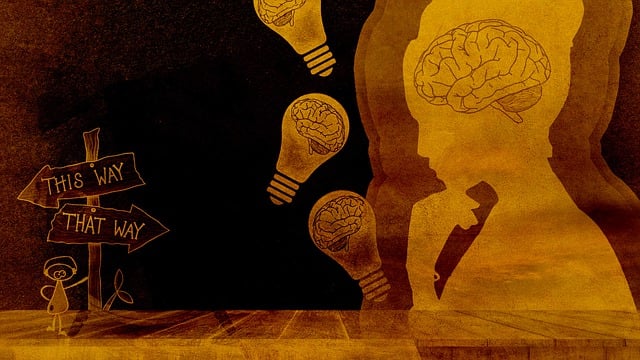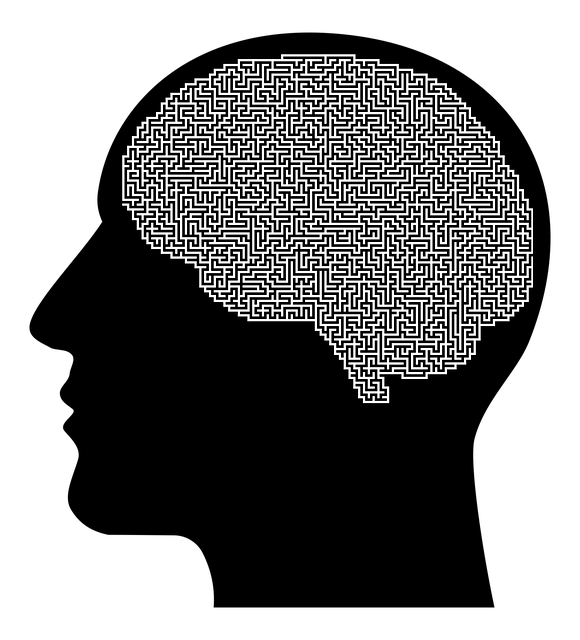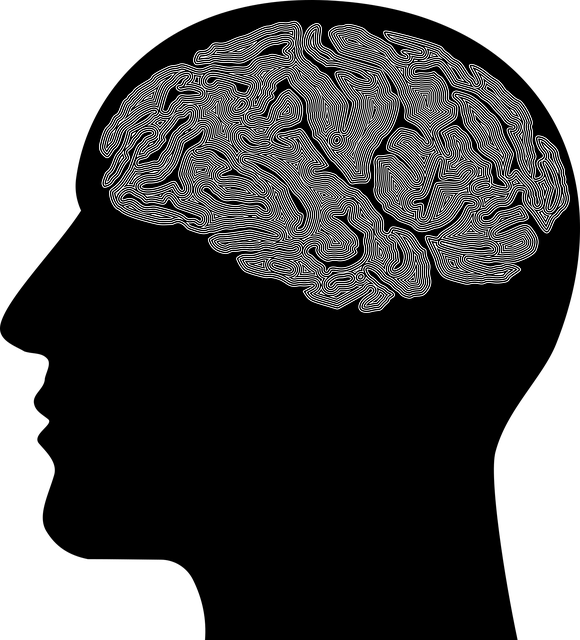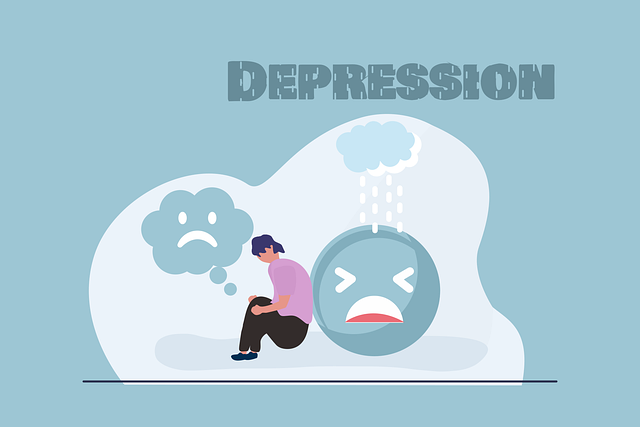Mental health advocacy is crucial for raising awareness about hidden conditions like Superior Adjustment Disorder (SAD) and improving access to quality care. Specialized therapy, coupled with training for healthcare providers, addresses SAD's unique resilience-based challenges. Community engagement through dialogue, workshops, and partnerships enhances mental health literacy and destigmatizes issues like SAD. Global initiatives collaborate to promote stress reduction, empathy, education, and comprehensive care, focusing on community resilience to meet worldwide mental health needs, including those related to Superior Adjustment Disorder Therapy.
Mental health advocacy is a powerful tool for creating a more supportive and understanding society. In this comprehensive guide, we explore various aspects of mental wellness activism, focusing on conditions like Superior Adjustment Disorder (SAD). From recognizing symptoms to advocating for therapy as a means to overcome stigma, we delve into strategies that foster recovery. Additionally, we examine community engagement techniques and global collaborations, emphasizing the collective impact on improving mental health support worldwide, with a special emphasis on SAD therapy.
- Understanding Mental Health Advocacy: A Necessary Pursuit
- Recognizing Superior Adjustment Disorder: Symptoms and Challenges
- The Power of Therapy in Overcoming Stigma and Promoting Recovery
- Community Engagement: Strategies for Effective Mental Health Advocacy
- Global Initiatives: A Collaborative Approach to Mental Health Support
Understanding Mental Health Advocacy: A Necessary Pursuit

Mental health advocacy initiatives are a crucial aspect of improving access to quality care and raising awareness about various mental health conditions. Understanding mental health advocacy involves recognizing the importance of promoting policies, programs, and practices that support emotional regulation and well-being. It is a necessary pursuit to ensure individuals with mental health challenges receive the appropriate therapy, such as Superior Adjustment Disorder Therapy, and are empowered to lead fulfilling lives.
In the context of Burnout Prevention Strategies for Healthcare Providers, Mental Health Policy Analysis and Advocacy plays a pivotal role in shaping public policies that address mental health disparities. By advocating for evidence-based practices and adequate resources, communities can foster environments conducive to recovery and resilience. This includes implementing strategies that prevent burnout among healthcare providers, ensuring they have the tools and support needed to offer effective care consistently.
Recognizing Superior Adjustment Disorder: Symptoms and Challenges

Recognizing Superior Adjustment Disorder involves understanding a complex mental health condition that often goes unnoticed. Individuals with this disorder exhibit exceptional resilience in the face of adversity, which can mask underlying emotional struggles. While they adapt and cope with challenging circumstances, they may internalize pain, leading to symptoms such as anxiety, depression, and low self-esteem. These individuals require specialized care, like Superior Adjustment Disorder therapy, tailored to address their unique challenges.
Healthcare Provider Cultural Competency Training plays a pivotal role in identifying this disorder. By learning about diverse cultural perspectives on mental health, providers can foster empathy building strategies and resilience-focused interventions. Through these approaches, they can support individuals in navigating their experiences, promoting healing, and enhancing overall well-being.
The Power of Therapy in Overcoming Stigma and Promoting Recovery

The power of therapy lies in its ability to provide a safe and supportive space for individuals struggling with mental health challenges. Through specialized Superior Adjustment Disorder Therapy, patients can explore the underlying causes of their struggles and develop effective coping mechanisms. This form of treatment empowers individuals to challenge negative thought patterns, improve mood management, and adopt stress reduction methods tailored to their unique needs.
By fostering emotional well-being promotion techniques within a therapeutic setting, individuals can learn to navigate life’s challenges with greater resilience. Therapy offers a path towards personal growth, recovery, and the eventual dissipation of stigma associated with mental health issues. It equips individuals with the tools necessary to advocate for themselves and pursue lives filled with purpose and fulfillment.
Community Engagement: Strategies for Effective Mental Health Advocacy

Mental health advocacy initiatives thrive through community engagement strategies that foster open dialogue and raise awareness about mental wellness. One effective approach involves organizing Self-Care Practices and Stress Management Workshops, providing platforms for individuals to learn coping mechanisms and share experiences. These events not only educate but also create a sense of belonging, crucial for tackling stigma associated with mental health issues like Superior Adjustment Disorder Therapy.
Additionally, community partnerships with local organizations play a pivotal role in advocacy efforts. Collaborating with schools, workplaces, and faith-based groups enables widespread reach and consistent messaging. Incorporating Risk Assessment tools for mental health professionals ensures early intervention and supports comprehensive care. Through these collective actions, communities can effectively promote mental health literacy and access to quality therapy services.
Global Initiatives: A Collaborative Approach to Mental Health Support

In today’s interconnected world, mental health advocacy initiatives have taken on a global scale, reflecting a collaborative approach to support individuals struggling with various conditions, including Superior Adjustment Disorder (SAD). These international efforts highlight the growing recognition of mental well-being as a shared responsibility. By joining hands across borders, organizations and communities are fostering an environment conducive to open conversations about mental health. This collaborative spirit facilitates the exchange of best practices, leading to more effective treatments and support systems for disorders like SAD.
Global initiatives emphasize not only the provision of therapy but also the integration of stress reduction methods and empathy-building strategies. They promote understanding and destigmatization by educating societies on the impact of mental health issues. Furthermore, these collaborative endeavors encourage sustainable solutions that go beyond individual treatment, focusing on community resilience and comprehensive stress management. Such efforts are pivotal in ensuring that people worldwide have access to adequate resources for their mental health needs.
Mental health advocacy initiatives, ranging from individual therapy sessions to global collaborations, play a pivotal role in addressing mental health challenges like Superior Adjustment Disorder. By integrating community engagement and global support, we can effectively reduce stigma and foster recovery. Recognizing the power of therapy as a transformative tool, these efforts underscore the importance of continuous support and understanding for those navigating mental health issues. Together, we can create a more inclusive and compassionate society that prioritizes mental well-being for all.














